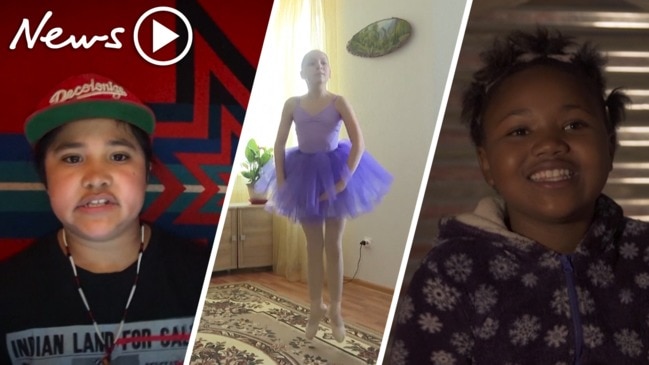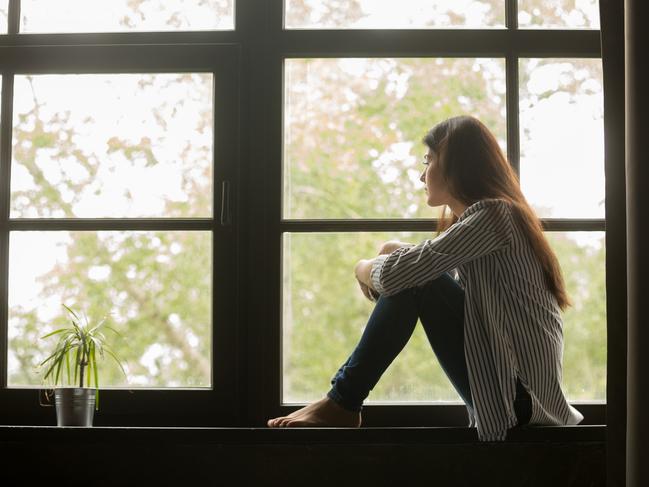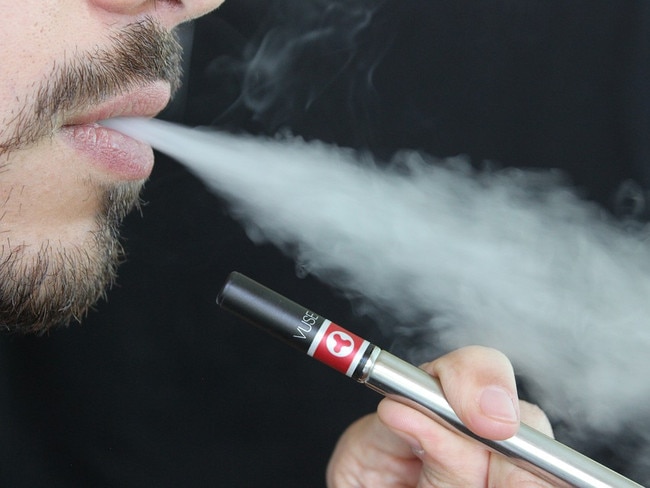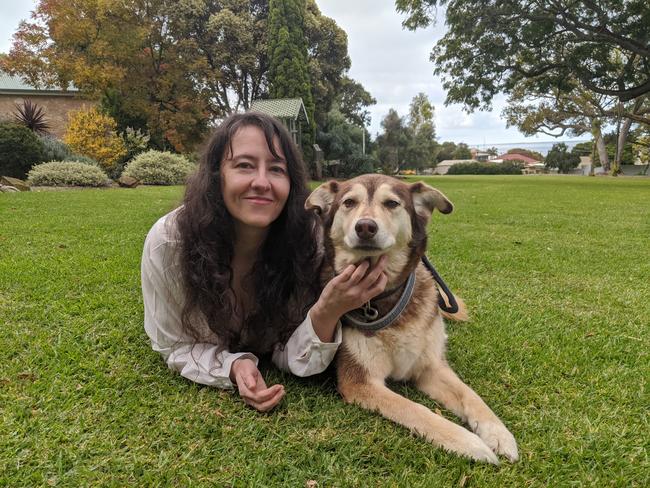Thousands of Australians turn to phone counselling as isolation blues hits hard
If there is one thing we can all take comfort in — especially during current worldwide distress — it is that when we are experiencing the worst of our human state, we are never alone.

Hibernation
Don't miss out on the headlines from Hibernation. Followed categories will be added to My News.
Tightness in the chest, clenched jaw, feelings of irrational irritability — when we are anxious, our bodies and minds make sure we feel it.
The way stress and anxiety manifests in us has commonality: it is unpleasant and can escalate quickly, often leaving us feeling terribly alone.
But if there is one thing we can all take comfort in — especially during current worldwide distress — it is that when we are experiencing the worst of our human state, we are never alone.

And experts agree there are coping skills we have honed during lockdown that we can use as regular life returns.
Figures from Australian mental health support and information organisation Beyond Blue — which saw a 60 per cent increase on last year in access to its services — illustrate how normal these abnormal feelings actually are.

“We’re seeing record numbers of people reaching out for support through the established Beyond Blue Support Service and the new dedicated coronavirus Mental Wellbeing Support Service,” a spokesman for the not-for-profit group said.
Since launching the free COVID-specific support service in early April, it has attracted almost 200,000 unique web users, more than 250,000 online forum page views, close to 7000 phone counselling sessions and now receives up to 1000 contacts by phone and email each day.
“These are challenging times for everyone,” the spokesman said. “People have been feeling isolated and they are worrying about their finances and jobs. Many are also stressed by their family circumstances and futures.

“We’re hearing from people who live with mental health issues and those who have never struggled before.”
A national survey conducted by the Heart Foundation of cigarette and e-cigarette smokers found one-third of Australians have been smoking more than usual during the pandemic. Of these respondents, one third cited being more stressed than usual as the reason for the increase, while another third put it down to emotional triggers.
Last month, Prime Minister Scott Morrison announced a $48 million National Mental Health and Wellbeing Pandemic Response Plan aimed at boosting mental health research, services and awareness to address a predicted spike in suicides due to the coronavirus.

Author of I, Unicorn: Use Quarantine To Get Enlightened Now Natasha Ewendt said as isolation eases we could benefit from checking in with ourselves.
MORE NEWS
Journalists beaten, arrested, shot at, maimed
New York police ram cars into protesters
Big sign Donald Trump is worried
“I wrote my book in the first week or two of quarantine as I was struck by how much everyone was struggling psychologically with fear,” Ms Ewendt said. “Fear for the future [but it is also] a useful resource for assisting the emerging phenomenon of post-lockdown agoraphobia and social anxiety.”
The 25-page anxiety management handbook was an overnight bestseller on online bookstore Kobo.
“The important thing for a start is to not put pressure on yourself … morning meditation is great because that will set a clean slate for the day. But breathe when you get stressed, bringing yourself back to your breath can work wonders.
Beyond Blue: 1300 22 4636
HOW TO MANAGE MENTAL HEALTH DURING COVID:
Stay in contact with your health professionals: Australia’s mental health system is rapidly evolving with increasing access to telehealth services.
■ Look after your physical health: Keep up exercise, nutritious meals & adequate sleep.
■ Check your thinking: Keep things in perspective and focus on the temporary nature of this crisis and know scientists are working hard on vaccines and treatments.
■ Connect with your supporters: Be upfront with family and friends that this is a hard time for you. Use video chat and phone rather than text for a more intimate experience. Schedule regular catch ups so that you don’t go days without being in touch with people who can best support you.
■ Take preventive measures: Stick with your mental health plan including psychological, medication and any complimentary approaches you have been using. Limit alcohol and avoid drug use. Consider using approaches such as mindfulness to help you keep calm.

